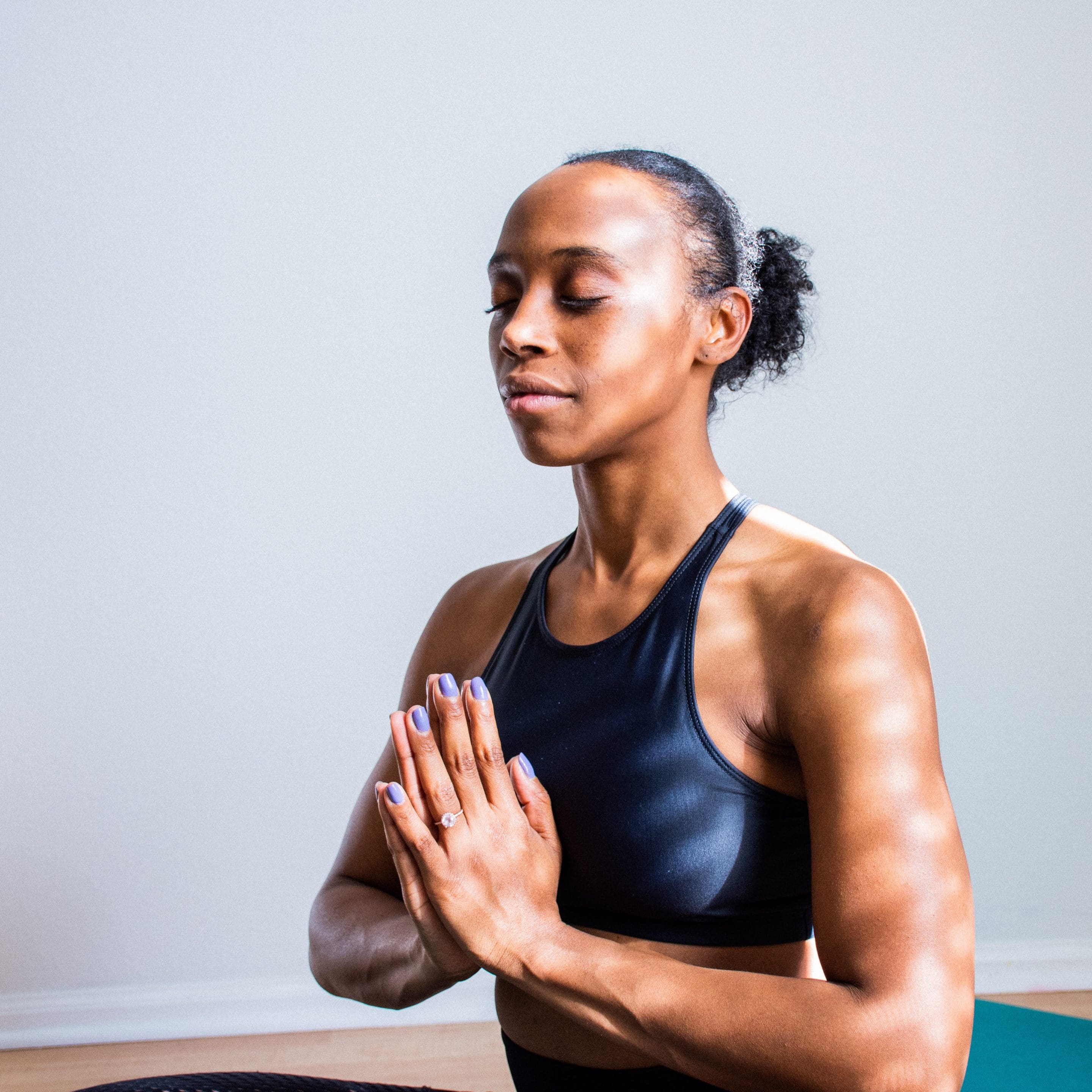When was the last time you took at least an hour in silence and thought about your peace and your priorities? Sometimes the world moves too fast. When our lives start filling up with things to do and places to go, it can get overwhelming. How can we actively keep peace and maintain sanity in these times? The answer is surprisingly simple. Mindfulness is defined by Psychology Today as “a state of active, open attention to the present.” In other words, existing without distracting yourself with thoughts about the past or imagining the future. Mindfulness is a critical way to keep yourself grounded, but it can be hard to achieve. With a few easy tips, you can find ways to incorporate mindfulness into your everyday routine.
Pay attention to your breath.
Before you even read this, take a moment to check in with yourself. How is your breathing? Are your muscles tensed? Do you feel relaxed? Take three deep breaths. One quick, simple way to calm yourself and stay in the present moment is by focusing on your breathing. The most important part of yoga and falling asleep is slow, collected breath. That is because breathing slows and calms down your heart rate and increases efficiency in oxygen absorption. The slow, intentional breath brings attention to things happening in the current moment, and pulls focus to your body. Breathing intentionally is critical to mindfulness.
Walk intentionally.
In our modern age of technology, it can be tempting to take the fastest, most efficient way to get from place to place. If you have the time, consider walking whenever possible. Walking helps your body by improving circulation and exercising your heart rate, as well as countless other benefits. It is a quick, accessible way to incorporate mindfulness into your daily routine. The next time you find yourself mindlessly reaching for car keys or calling an uber, ask, “is this destination urgent, or can I spend some time with myself in the transition?”
Ask yourself “what are my priorities?”
This question is directly linked to emotional regulation, a human superpower. When we can direct our emotions and our minds, we are in control of our lives and 5 steps ahead. Too often, people end up overextended or lost in menial tasks simply because they are convenient. Our phones are the biggest culprit of distraction, but it is easy to lose your thoughts because of distractions or sensationalism. Setting checkpoints for yourself is a good way to stay conscious of your attention. Making a point to stop and ask: “is this something worthy of my attention?” when you find your mind drifting off or distracted by the next tweet or article. Sometimes, distraction can be a valuable part of staying engaged with the news or your friend’s lives, butremaining intentional allows you to stay in control of your mind.
Don’t be afraid to declutter.
Mindfulness is the exact opposite of mind-full-ness. It means clearing out your unnecessary thoughts and paying your attention deliberately. By implementing small practices into your everyday life, you can begin thinking and living with more clarity and less clutter. If life is too crowded, start saying no to unnecessary priorities or tasks. If there is time, make it a priority to spend time alone, recalibrating your wants and needs, and noting what matters to you.
Above all, mindfulness can look different for everyone. For some, it means taking the day alone to reflect and journal. For others, it looks like spending time with loved ones. Maybe cooking allows one person to re-center themself, and some people need to practice their sports. The next time you start to notice your mind getting distracted or swamped in priorities, consider applying small mindfulness practices in your routine.



